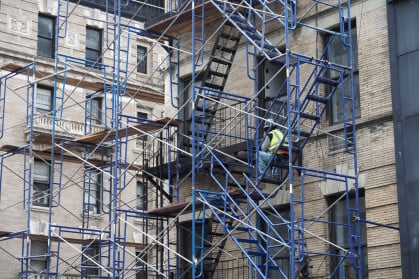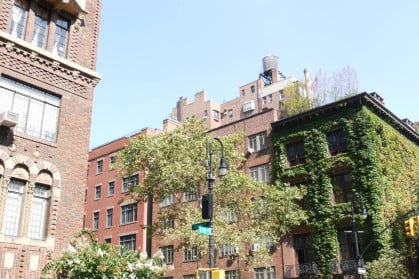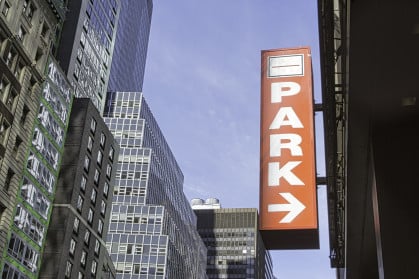
How much should our building budget for legal fees every year?
On average, co-op and condo legal budgets tend to fall somewhere between $5,000 to $24,000 a year for legal fees. That said, your building's legal expenses can vary sharply based on your building’s size and its particular needs in any given year.
Typical legal tasks including reviewing contracts and attending meetings, while bigger issues include litigation with shareholders or unit owners and major alterations your building may undertake.
“Most buildings have a track record of what they’ve spent for the last several years, usually in financial statement annuals,” says David Berkey, partner at the law firm Gallet, Dreyer & Berkey. “So they can see what the average has been over the last few years. Once they have that average number, they have to consider whether they’ve had special considerations come up where legal fees may increase.”
Routine vs. out of the ordinary legal expenses
There are a variety of issues that your board may need legal assistance with during the course of a year.
Routine legal expenses also come from attorneys attending board meetings to consult on legal issues, attending annual meetings, updating and organizing documents, helping with changes to bylaws or proprietary lease, or the adoption of a flip tax.
If any major facade work or other kinds of maintenance is going to be done in the building, you’ll need an attorney to review contracts with engineers and architects. If your board is considering refinancing, you’ll also be accruing legal fees, says Berkey.
When budgeting, factor in any major alterations or improvement projects and whether your building is in the throes of some type of litigation.
“Whether it’s being sued by tenants, shareholders, unit owners, whether they have a fight with a commercial tenant or contractor that didn’t work properly, all will accrue attorney fees,” Berkey says.
A major legal issue like a lawsuit could easily and quickly exhaust your budget. Make a practice of putting unspent funds earmarked for legal fees into reserves in case of an unexpected expense, which can and does happen.
Should you pay your lawyer a monthly retainer or pay only when you need one?
Monthly retainers for attorneys were once common among co-op and condo boards, but they have fallen out of favor.
Mark Foley, co-founder and president of business consultancy firm The Folson Group, says that while some boards still follow the retainer model, he doesn’t recommend it to his clients.
“They should pay [a lawyer] only if they need one,” Foley says.
In some cases, a board member may be an attorney themselves, and even if they don’t necessarily specialize in real estate issues, they can help with smaller tasks like looking over contracts.
Forgoing the monthly retainer is also a good idea for boards looking to keep legal expenses down.
On that note, Foley recommends communicating as much as possible with shareholders and owners in order to foster a friendlier environment that, hopefully, will help prevent any litigation among building residents. “In general, you shouldn’t need to budget very much,” he said. “If you are, you’re doing something wrong.”
How much do co-op and condo lawyers charge per hour?
Hourly fees can vary widely depending on the size of the firm and even the experience and level of an attorney.
Attorneys who are called on fairly regularly to consult with your board, take part in annual meetings, and review one or two contracts a year will probably charge on average about $500 an hour, says Berkey.
The per hour fee can also vary based on the building’s size and complexity of needs, and can range between $300 and $1000 per hour, Foley says.
Smaller buildings will likely have a less complex set of issues, while a much larger building may have a variety of issues that will require more attorney consultation.
“For day-to-day things”—like reviewing contracts with vendors and outside parties, disputes over house rules, and attending board meetings and elections—"your board doesn’t need to have a higher-end attorney,” Foley says.
Sign Up for our Boards & Buildings Newsletter (Coming Soon!)
Thank you for your interest in our newsletter. You have been successfully added to our mailing list and will receive it when it becomes available.
























